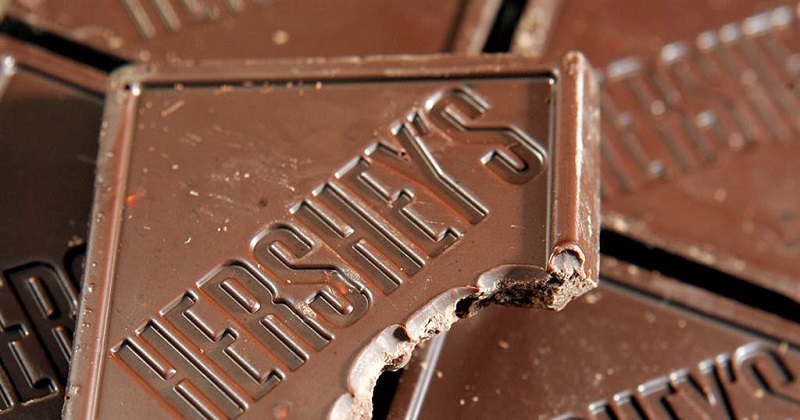
World’s largest cocoa producers have blamed Hershey’s and Mars for not paying a bonus that enables uplift poor farmers’ earnings, and have withdrawn sustainability tasks driven by the candy goliaths. West African nations Ghana and Ivory Coast account for two-thirds of global cocoa production, but there have been long-running conflicts with U.S. multinationals overpricing. The Coffee Cocoa Council (CCC) and the Ghana Cocoa Board (Cocobod) blamed Mars and Hershey’s two of the world’s leading chocolate sellers for not settling the living income differential (LID) on Monday.

The LID gives a gratuity of $400 per tonne of cocoa in complement to the market price and is planned to better pay cocoa farmers, many of whom live in deprivation. But a noted large purchase of cocoa by Hershey’s on the U.S. futures market recently “clearly indicates your intention to avoid paying the living differential income”, the CCC and Cocobod said.
As per the consequence, the producers told that they had “been left with no choice but to cancel all sustainability programs with which your company is involved”.The procedures ensure that the chocolate is ethically created allowing companies to sell it at higher prices. Production must dodge deforestation and be free of child labor. In a separate statement, the CCC and Cocobod accused Mars of altering its cocoa butter procurement methods to avoid paying the LID.

The CCC and Cocobord accused Hershey’s and Mars’ “breach of confidence” in the scheme developed to help millions of African farmers. In a statement, Hershey’s said it was “unfortunate” that the countries had determined to “distribute a misleading statement this morning and jeopardize such critical programs that directly benefit cocoa farmers”.Mars Wrigley rejected that it had avoided paying the LID, and said it had long backed the industry.

Post Your Comments